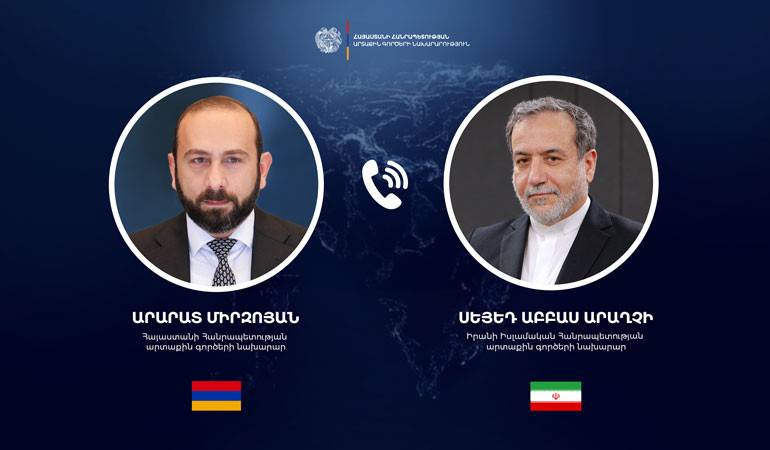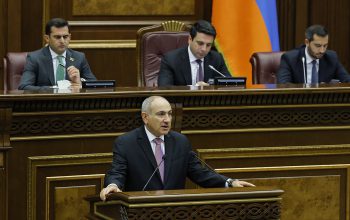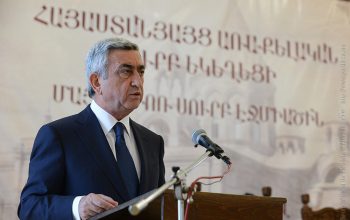Foreign Minister Ararat Mirzoyan and his Iranian counterpart, Abbas Araghchi, held a phone conversation on Tuesday to discuss bilateral cooperation and regional developments following the recent Israeli and U.S. strikes on Iranian territory.
According to Iran’s official readout, cited by Mehr news agency, the two ministers exchanged views on ongoing regional issues and “mutual interests” in the aftermath of what Tehran described as “aggression” by Israel and the United States.
Araghchi reportedly expressed appreciation for Armenia’s response during the 12-day conflict, highlighting Yerevan’s consular assistance to fleeing Iranians and its decision to keep the Armenian-Iranian border open. Thousands of Iranian nationals were able to seek refuge in Armenia as Israeli airstrikes targeted Iran’s nuclear and military infrastructure.
Mirzoyan, for his part, “again condemned the U.S.-Israeli aggression,” according to Iran’s state-run IRNA news agency. Armenia’s Foreign Ministry said he also voiced hope that the recently established ceasefire would hold and allow space for meaningful diplomatic negotiations.
The two foreign ministers discussed deepening Armenian-Iranian coordination on multilateral platforms and joint approaches to regional crises. No further details were disclosed.
Mirzoyan previously contacted Araghchi on June 14, one day after Israeli strikes began, signaling Armenia’s concern over the unfolding situation. Unlike several neighboring states, Yerevan did not advise its citizens to evacuate Iran and maintained normal operations at the border, positioning itself as a safe transit point for Iranian civilians.
The conflict sparked anxieties in Armenia that a destabilized Iran could embolden Azerbaijan to escalate hostilities in the South Caucasus—particularly in Syunik, the province forming Armenia’s strategic corridor to Iran. Azerbaijani leaders have long pushed for a land route to Nakhichevan, bypassing Armenian sovereignty—an ambition Tehran has consistently opposed.
Iranian officials have repeatedly declared that any attempt to sever the Iranian-Armenian border is a “red line.” Iranian Ambassador to Armenia Mehdi Sobhani reaffirmed this position on June 17, stating, “We have proven that we will never deviate from our red lines.”
Sobhani also announced that newly elected Iranian President Masoud Pezeshkian is expected to visit Armenia later this summer, signaling continued commitment to the strategic partnership between Tehran and Yerevan.Tools




